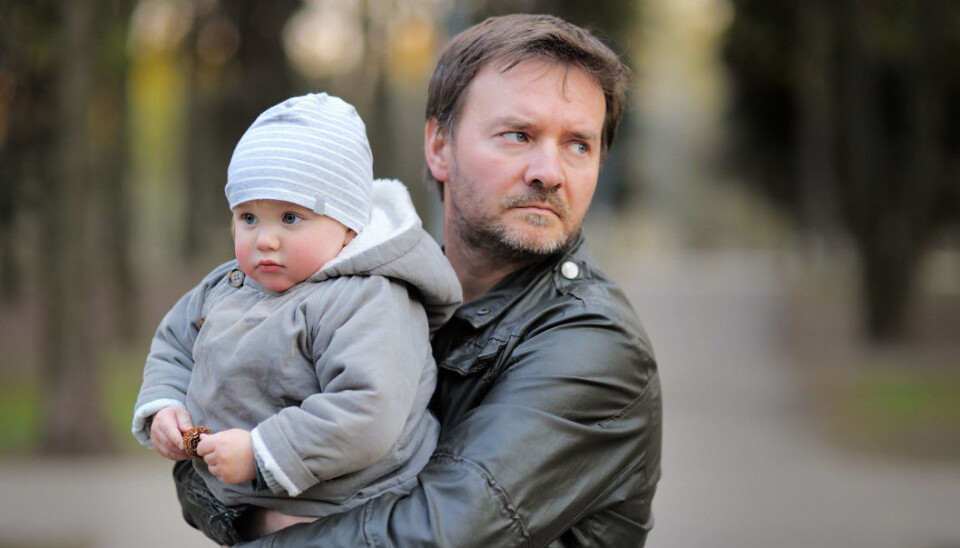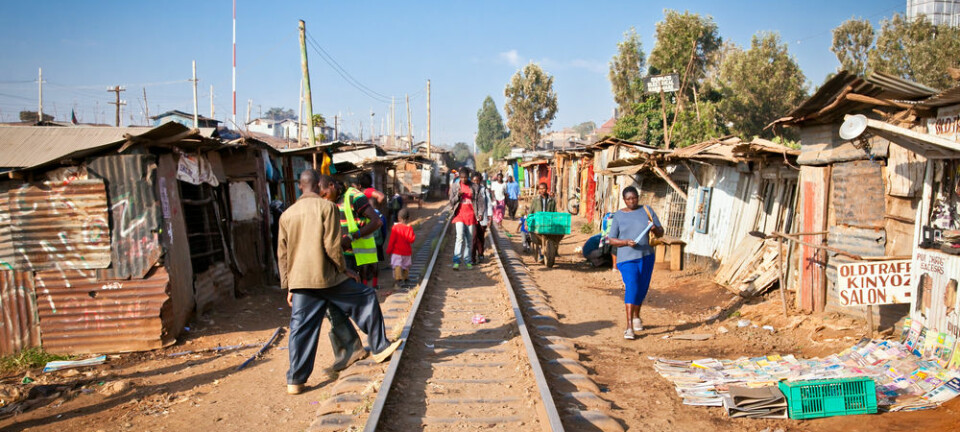
Working class parents feel marginalised by child welfare services
Some parents react more negatively to child welfare services than others. The language used by child welfare staff may be part of the reason, say researchers.
“Who are the parents that come into contact with child welfare services?”
This is the question that researchers Halvor Fauske, Bente Heggem Kojan, and Anita Storhaug from the Norwegian University of Science and Technology, set out to answer.
They based their research on interviews with 715 parents about their dealings with the Norwegian child welfare services as part of "The new child welfare service” project (Det nye barnevernet).
The researchers wanted to know what kind of experiences parents had during their meetings with child welfare. Did they feel heard? And were they met with respect?
Their results are published in the journal, Social Sciences.
Meetings don’t feel transparent
The researchers found that unemployed parents or parents with no steady income were overrepresented in the study: Nearly a third of all mothers in the project were not in work.
They also found that parents reported very different experiences depending on their level or education or type of employment.
Parents who are out of work or hold 'working class' jobs have far more negative experiences with child welfare than parents of a higher level of education and income. Working class parents often feel unseen, unheard, and do not feel that they are taken seriously.
"These parents often feel that child welfare isn’t being transparent and that information is withheld from them," says Kojan.
Read More: Protests mount against Norwegian Child Welfare Service
Language creates barriers
Many reasons contribute to why child welfare interventions trigger more negative responses among some parents than others.
People who are out of work are less likely to initiate contact with child welfare services. They more often tend to disagree that child welfare services should intervene and they have less confidence in public authorities. Many of them may also be afraid of child welfare.
And perhaps the child welfare service is more prejudiced toward some parents than others.
The researchers believe that language is also an important factor in creating barriers between parents and child welfare. Even though only sixteen per cent of participants in the survey were not native Norwegian speakers, many more, including native speakers, reported that the language used by child welfare was unfamiliar.
Previous research has shown that the language used in child welfare records has become more academic, says Kojan. Frequently used terms come from the field of psychology an neuroscience.
"But most people don’t understand these words. This creates a knowledge gap – and that breaks down trust,” Kojan says.
Goes beyond culture
Norway’s updated Child Welfare Act emphasises the need to consider cultural differences when working with child welfare among ethnic minority families.
That’s fine, says Kojan, "but it’s easy to forget that a lot of ethnic Norwegians are marginalised in society, too. They may have just as much distrust of child welfare as immigrant groups.”
In this context, authorities should talk more about social class and not just about culture, he says.
Read More: Social media is a challenge for the child welfare service
Reviving the concept of class
Fauske agrees with Kojan that the concept of social class has to be revived.
He notes that the concept hasn’t been popular in the post-war era, because for a long time material conditions in Norway were becoming more equal. But now the trend has reversed and the country is seeing increasing inequality among families with children.
“In addition to greater economic inequality, we also have more cultural differences now. This is largely due to many more people receiving an education,” Fauske says.
"A lot of people in Norway have become knowledge workers. They’ve learned about child development and what children need, besides just healthy food and enough sleep. This knowledge has evolved into a language of its own,” he adds.
Some families lag behind
Research shows that child welfare works much better with parents of higher income and education. Often these individuals have internalised the same language as the child welfare staff. But working class parents tend to lag behind in this regard.
Working class values are no longer respected, says Fauske. Working class individuals are told that they have to change their view of children and familiarise themselves with how their children think.
He believes the child welfare system first and foremost needs to acknowledge that the underlying language and understanding are problematic. Child welfare staff provide a lot of advice and guidance. Part of their professionalism has to be that they can approach parents differently by listening more to what they have to say. Service providers need to do a better job of recognising that parents know their children and have a lot to contribute.
Read More: How should child protection services react to calls of concern?
More dialogue
Anne Grønsund is the director of child welfare educators in the Norwegian Union of Social Educators and Social Workers. According to her, child welfare staff should make an effort to use language that everyone understands.
“Good communication is becoming more and more important. The words we choose make a difference. To build good relationships, it’s essential to translate concepts and use words that everyone understands,” she says.
"A lot of people worry that we’re watering down the educational and social science aspects of child welfare work to the detriment of the psychological. The child welfare service also has to address how children function with others, not just what the failure in care means for brain development,” she says.
Grønsund agrees with Fauske that child welfare focusses too little on social class.
"We’ve been more concerned with minorities and cultural diversity. We haven’t talked about class differences very much,” she says.
----------------
Read more in the Norwegian version of this article at forskning.no



































